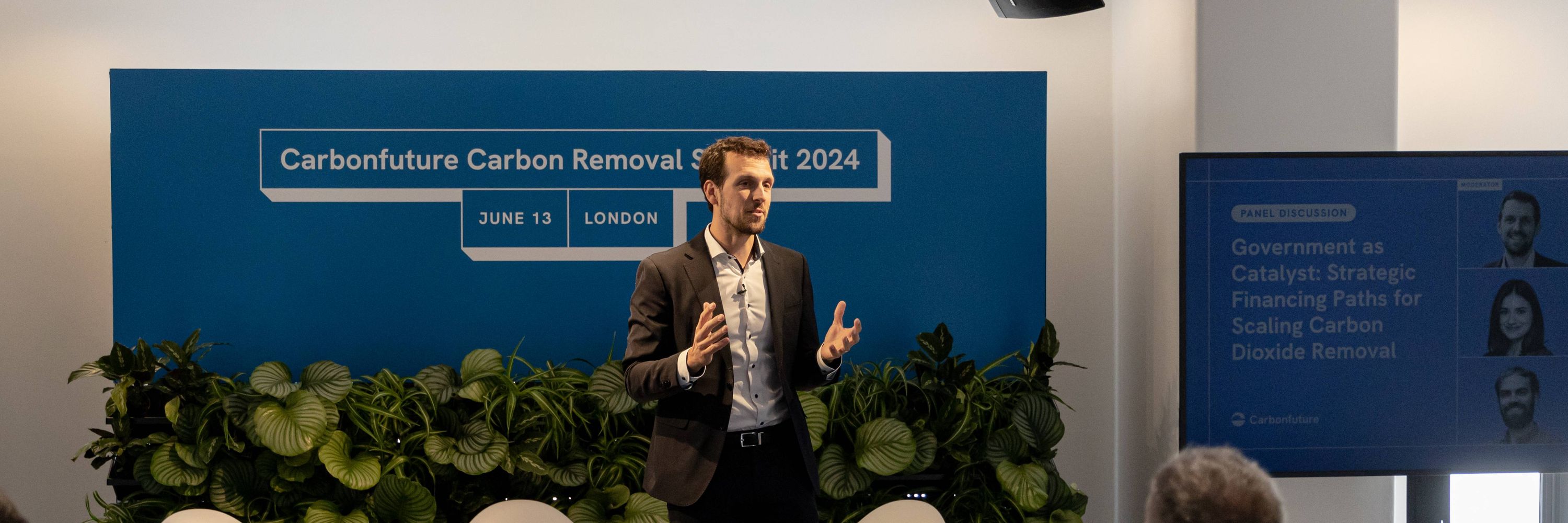
▪️ Mandate establishment of biochar demonstration projects
▪️ Maximum 35% of capital costs covered
▪️ At least 50% of feedstock must come from forest thinning. 5/8
▪️ Mandate establishment of biochar demonstration projects
▪️ Maximum 35% of capital costs covered
▪️ At least 50% of feedstock must come from forest thinning. 5/8
⚡ With cosponsors from both parties, the bill moved with lightning speed through the House, passing with a 279-141 vote and will now pass onto the Senate. 3/8
⚡ With cosponsors from both parties, the bill moved with lightning speed through the House, passing with a 279-141 vote and will now pass onto the Senate. 3/8
So where does this leave us? 5/8
So where does this leave us? 5/8
🐦 They found that tweets mentioning CDR grew exponentially, with a median annual growth rate of 32% between 2010 and 2022. This increase outpaced general climate change tweets. 3/8
🐦 They found that tweets mentioning CDR grew exponentially, with a median annual growth rate of 32% between 2010 and 2022. This increase outpaced general climate change tweets. 3/8
🙏 A huge thanks to all of you. If you haven’t yet, please do subscribe to the podcast and leave us a review - it helps a lot. 3/4
🙏 A huge thanks to all of you. If you haven’t yet, please do subscribe to the podcast and leave us a review - it helps a lot. 3/4

